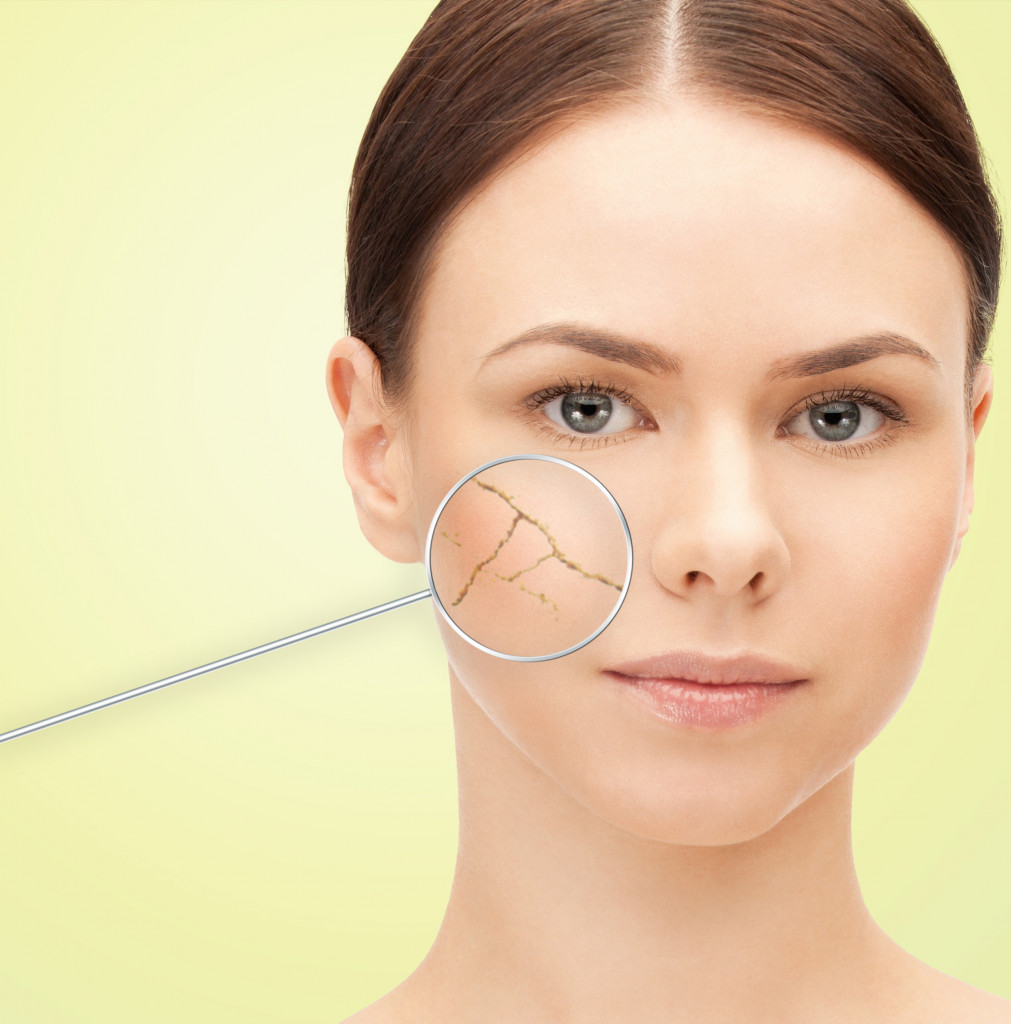Your skin is constantly exposed to harmful UV rays, pollution, and toxins. So, it’s no wonder that skin problems are some of the most common challenges people face. Here are some of the most common skin-related issues and how to treat them.
Acne
Acne is a disorder of the sebaceous glands and hair follicles. These glands produce an oily substance called sebum that helps keep our skin moisturized. These glands can also form pimples or cysts when they get clogged with dead skin cells or excess sebum. Cysts are the most severe form of acne and can lead to permanent scarring if not treated properly.
Acne is most commonly seen on the face, back, chest, and shoulders—the areas of the skin with the densest concentration of sebaceous glands. Though it’s most often seen in teenagers and young adults, anyone can develop acne—even babies!
Many factors can contribute to the development of acne. One of the most common is hormonal changes. Increased levels of hormones like testosterone can cause the sebaceous glands to produce more sebum than usual. This is why acne is often seen during puberty when hormone levels fluctuate. Hormonal changes can also be brought on by birth control pills or pregnancy.
Another is certain medications. Medications containing corticosteroids or lithium can cause acne breakouts. Aside from that, acne can be caused by your diet. Eating a lot of greasy or processed foods can trigger breakouts. Dairy products have also been shown to contribute to pimples and cysts in some people.
Acne can be a result of genetics as well. If your parents had bad acne as teens, you’re more likely to develop it too! However, just because neither of your parents had acne doesn’t mean you won’t get it either—it’s a complex condition with many contributing factors. Finally, it’s also worth noting that stress doesn’t cause acne but can worsen it by causing inflammation throughout the body.
There are several ways to treat this, depending on severity. For mild cases of acne, over-the-counter treatments like salicylic acid or benzoyl peroxide gel may be enough to clear up your skin. If your breakouts are more moderate or severe, you might need prescription medication like antibiotics or retinoids from your dermatologist.
In very severe cases, isotretinoin (better known as Accutane) may be prescribed. This medication has several serious side effects, so it should only be used as a last resort when other treatments haven’t worked. Lastly, you can also consider checking out some aesthetic clinics for laser or light treatment, chemical peels, or extractions. Keep in mind that these procedures are only appropriate for certain cases.

Dry Skin
Anyone who has ever suffered from dry skin knows how uncomfortable it can be. That tight, itchy feeling is enough to drive anyone mad! And forget about trying to put makeup on over dry skin—it will just accentuate all the flaws and make you look even more tired than you already feel.
To deal with this, exfoliate once or twice a week. When you have dry skin, it’s important to exfoliate regularly to remove dead skin cells and allow new ones to come to the surface. However, you don’t want to overdo it, as this can actually end up irritating your skin further. Stick to exfoliating once or twice a week using a gentle scrub or exfoliating glove.
Ensure you also choose the right cleanser. When choosing a cleanser for dry skin, less is more. Opt for a mild, fragrance-free cleanser that won’t strip away any more moisture than necessary. In other words, stay away from cleansers with harsh chemicals or alcohol, as these will only make your dry skin worse.
You can also consider using an oil-based moisturizer. If you’ve been using a lotion to moisturize your skin with no success, it might be time to switch to an oil-based product instead. Products like coconut oil or jojoba oil are great for dry skin as they help to lock in moisture without making your skin feel greasy or heavy. Just remember to apply these products properly so that they can really penetrate deep into the layers of your skin.
Finally, avoid hot showers. While a long, hot shower may feel amazing when you first step in, the reality is that it’s actually one of the worst things you can do for your skin. Hot water strips away the natural oils that protect your skin, leaving it vulnerable to both dehydration and irritation. If you absolutely can’t give up your steamy showers, try limiting yourself to no more than 10 minutes and always follow up with a moisturizer.
Skin problems like acne and dry skin can be tough to deal with. The good news is that by following the tips in this blog post, you can keep your skin looking and feeling its best!





